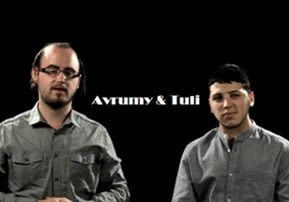
Avrumy and Tuli – Chassidic Musicians
Avrumy and Tuli were each brought up in Chassidic homes, but they didn't fit the mold of yeshiva boys. With Hashem's help, they took their energy in a great direction...

In the hospital room lays a pained and dejected young girl. She is post-operative, feeling sad and alone. Suddenly two Chassidic young men enter and begin their hypnotic singing. The girl comes alive and a smile crosses her face, the first in weeks…
The wedding is well under way and the celebration is joyful. But it’s about to go to a whole different level. Enter the same two young men, in their Chassidic garb, and begin a familiar tune with special words written specifically for this bride and groom. The energy in the room shifts from lively to electric. The dancing looks like a room full of popcorn popping, at high speed!
It’s 8AM in our Yeshiva in Israel. The scene is familiar to us by now. The still half-asleep students shuffle their way into the study hall for the morning prayers. Before their coffee there’s little sign of life. But what’s this? There’s singing wafting through the halls of dormitory below. Beautiful Chassidic tunes filled with thanks and appreciation to their Creator. Who does it come from? The same two young men; who are these young men and from where does their kindness and song exude?
Avrumy Kalisch and Tuli Brull were raised in Chassidic homes in the very religious neighborhood of Boro Park in Brooklyn. Their backgrounds were similar but with some significant differences. Avrumy retells the story of himself as a young boy being part of and feeling comfortable with the system he grew up in. He (as well as Tuli) attended cheder (religious elementary school) and, although not a top student, had no major problems with the system. Tuli apparently had a more challenging time fitting into the system. With the energy and curiosity of a young puppy, Tuli was always “up to something”. They both related a number of interesting stories of their youth but I want to focus on their adolescence.
As they reached their teenage years they both felt increasingly distant from the rules and assumptions of their society. Shabbat and the commandments became less important, while their social scene took on a much greater significance. Parenthetically, once these sort of young men become distanced from their society, often there is a slippery slope to negative and possibly destructive behavior.
At approximately 16 years old, they each threw a safety net underneath themselves to catch themselves from falling. Each is endowed with a beautiful voice and a gift for music. They used this talent by adapting popular and adding their own words. Sometimes English, usually Yiddish (their “momma lashon”- primary language), they wrote and played their tunes for weddings, much to the delight of the newly married couple. Each developed this talent separately and started developing a reputation for their lively performance and heart-felt words. At this time they became aware of each’s activities and songwriting. They decided to join forces and use their music to delight others. Their warm and caring personalities made them popular at weddings, while visiting the sick, and a variety of situations (as mentioned above). They started producing their own music videos and posting them on the web. They have a number of videos whose views range from 20 to 50 thousand hits.
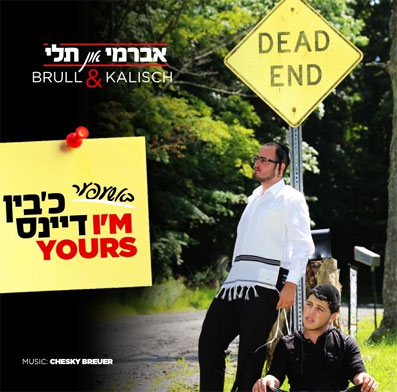 To me, possibly the most remarkable aspect of their story is the love they have for Hashem and His people. These are sensitive, perceptive young men who didn’t (and don’t) have the easiest time with the flaws they see in the system. Yet, their outlook towards the present state of Jewish society is filled with positivity and a deep commitment to see the good and encouraging the best in others. They both write words that, although they rhyme, more importantly, they reflect deeper, inner truths. Their spirits are infectious and the joy they bring to those around them is truly wondrous.
To me, possibly the most remarkable aspect of their story is the love they have for Hashem and His people. These are sensitive, perceptive young men who didn’t (and don’t) have the easiest time with the flaws they see in the system. Yet, their outlook towards the present state of Jewish society is filled with positivity and a deep commitment to see the good and encouraging the best in others. They both write words that, although they rhyme, more importantly, they reflect deeper, inner truths. Their spirits are infectious and the joy they bring to those around them is truly wondrous.
Their Chassidic world has very clear guidelines and rules and, they feel, the unique personality of each individual can sometimes be ignored. Where others see rebellion, they see personal growth. Where others condemn, they encourage. Where others hear discord, they hear music. The positivity that exudes from them is truly infectious. That’s probably why their music and performances as well as who they are, are so deeply beloved.
There are special heroes throughout the Jewish world. Avrumy and Tuli, for me, are on that list, bringing joy and music to weary and tired souls. I shouldn’t simplify their personal struggles. They speak openly about their own challenges. But they are living examples of how one can take the negative experiences and personal challenges and transform them into music to glorify the Creator.
* * *
Rabbi Dovid Charlop is on the teaching staff of the Neve Tzion Yeshiva in Telzstone, Israel. You can see more of Rabbi Charlop's articles here.


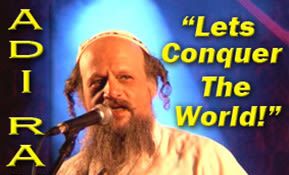
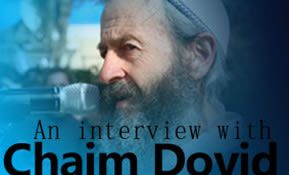

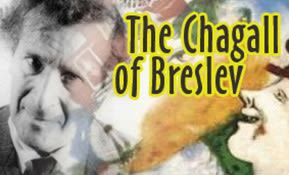


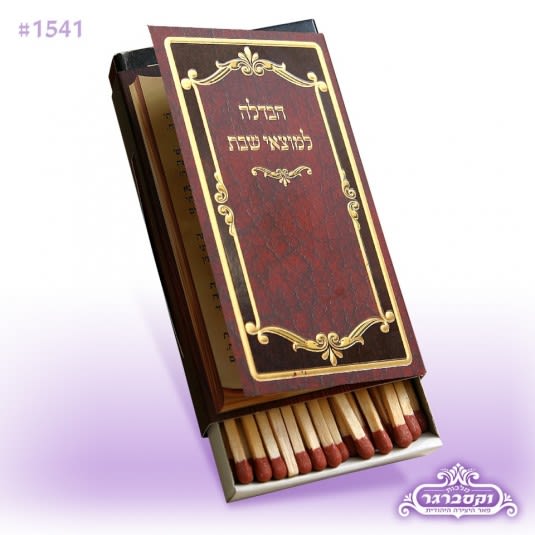


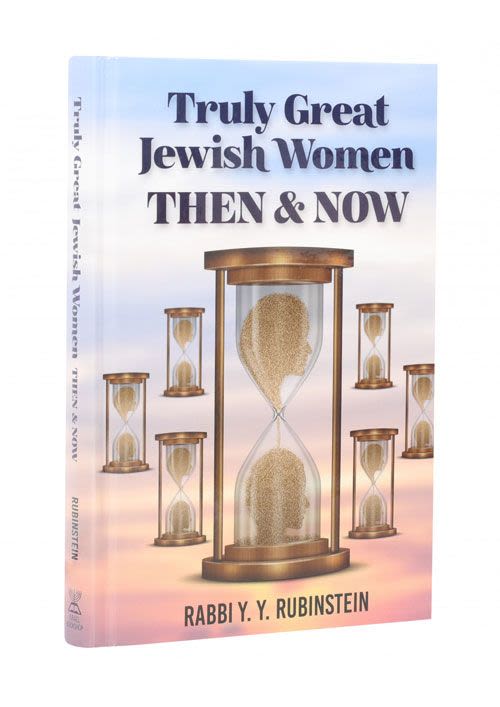
Tell us what you think!
Thank you for your comment!
It will be published after approval by the Editor.